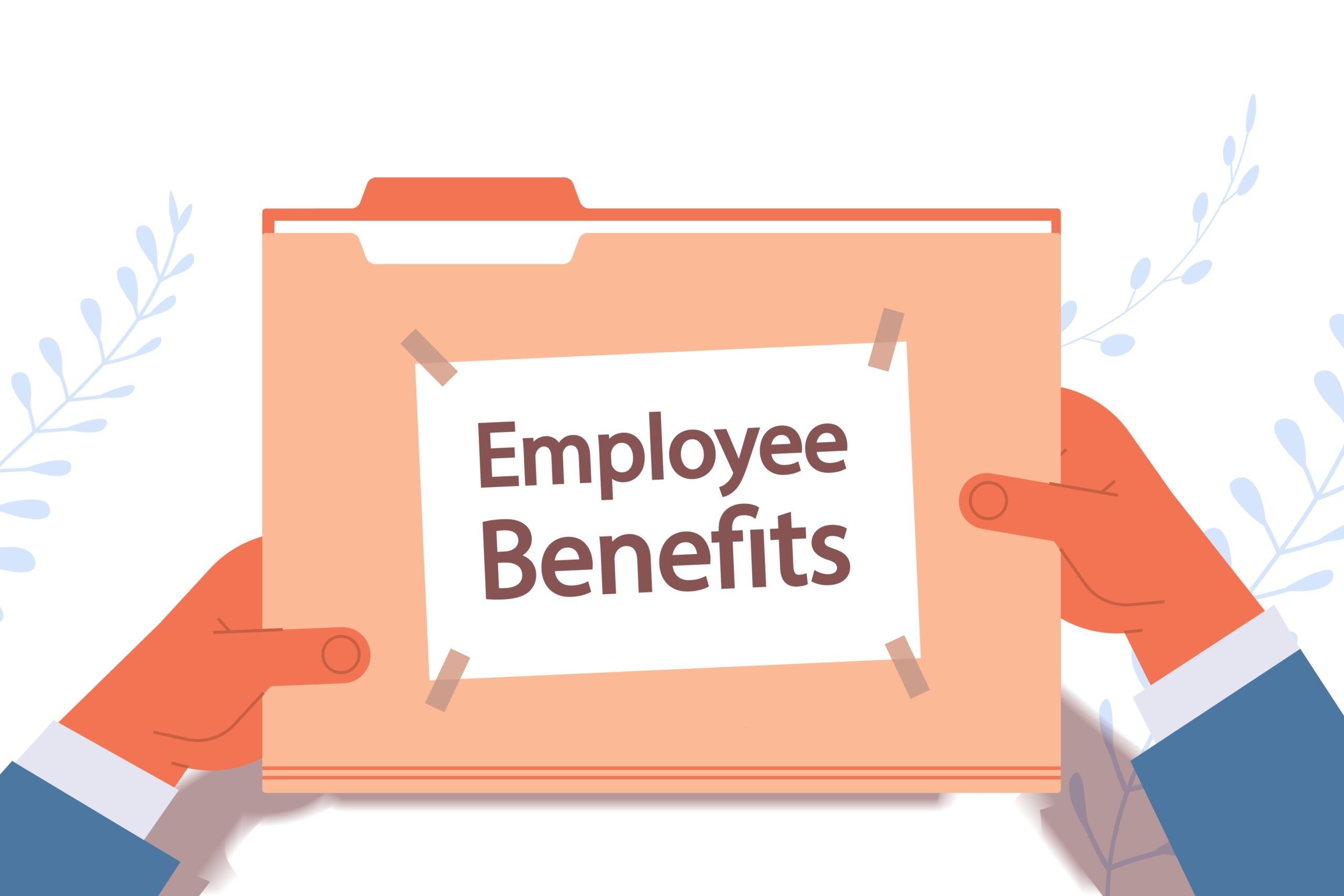Workers say they want voluntary benefits—but often fail to take advantage
A new survey finds nearly three-quarters of employees want to work for organizations that offer benefits covering critical illness, hospital indemnity and more—but less than half of those with the option enroll.

A recent survey from Voya Financial, Inc. finds a disconnect between intent and action when it comes to employee-paid voluntary benefits. The health, wealth and investment solutions company surveyed 1,005 adults using Ipsos’ eNation omnibus platform, which captured 492 working Americans, of which 294 are eligible for benefits.
Per the survey, 70% of respondents who are employed and benefits eligible say they are more likely to work for an employer offering employee-paid voluntary benefits, such as disability income, critical illness or accident insurance. But during the most recent open enrollment period, only 49% of the eligible workers surveyed took advantage of their employer’s voluntary benefits.
This disconnect is highest among millennials, Voya finds, with 78% indicating they are “more likely” to work for a company offering voluntary benefit coverages but only 49% enrolled during the recent open enrollment period.
The company’s survey reports 31% of employed respondents who are eligible for benefits do not fully understand the employee benefits they did select during open enrollment. Seventy-four percent of respondents also “agree” their money does not go as far as it used to.
“It’s clear that, given the uncertainty of today’s environment and the complexity of workplace benefits, American workers are looking for help to maximize every hard-earned dollar,” says Andrew Frend, SVP of strategy and product with Voya Health Solutions. “As a result, they are increasingly turning to a trusted source for support and guidance—their employer.”
These findings echo other recent reports—including one from Betterment’s 401(k) business that examined financial wellness—which suggest communication and education around employee benefits need improvement. But being a trusted source creates a tremendous opportunity for employers to assist their employees in better understanding and making decisions.
Comms pros, what are some of your best practices when it comes to sharing benefits information?






